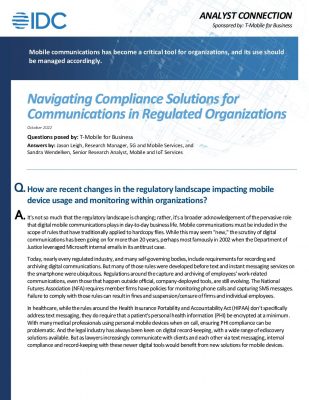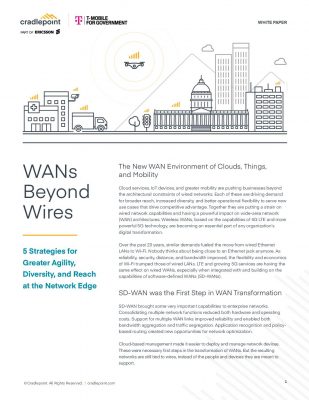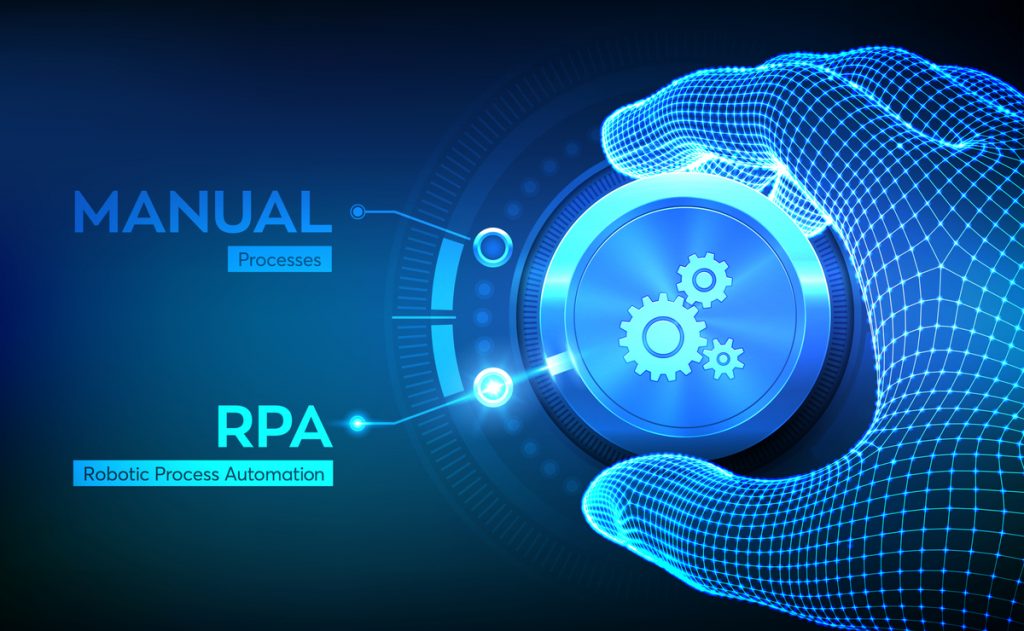Highlights:
- Digital transformation involves adopting a digital-first approach to enhance business processes, streamline operations, and create value for shareholders and customers.
- If implemented effectively, RPA can improve the customer experience by allowing for quick and accurate responses from representatives to inquiries related to various web hosting plans.
If you’re interested in learning about Robotic Process Automation (RPA) and its potential benefits and applications in business processes, this blog post will definitely be helpful.
RPA is an innovative technology that has the power to significantly transform business operations by automating repetitive and manual tasks.
By implementing robotic process automation (RPA), businesses can enhance operational efficiency, saving valuable time and resources. RPA has broad applicability across industries and can be deployed in areas such as human resources, finance, manufacturing, and customer service, leading to cost savings and improved productivity.
Using RPA, organizations can streamline their workflows and processes, decrease labor costs, and improve customer satisfaction. For companies looking for new ways to optimize operations and productivity, RPA may be an ideal solution.
Here are some synonyms for RPA
Business Process Automation (BPA) utilizes technology to streamline repetitive, time-consuming tasks and workflows.
Sales Automation is a crucial component of digital sales transformation, encompassing automated sales activities such as lead generation, marketing, and managing customer relationships.
Billing Automation involves utilizing technology to automate billing procedures, including invoicing, payment processing, and managing accounts receivable.
RPA: Unique Approach among Enterprise Tools
As businesses increasingly rely on automation technologies to simplify their operations, RPA has emerged as a leading solution enabling companies to modify simple and complex system processes with minimal disruption to their existing IT applications. By using RPA, enterprises can expand their operations without the need for significant system overhauls, which results in the faster realization of the benefits of automation, often within weeks rather than years.
How Can RPA Benefit Your Business?
Enhances Your Processes
- Scalable and flexible
- Feeding data into advanced analytics generates a sequence of business intelligence, which leads to ongoing improvement
- Audit trails enable rapid outcomes analysis and furnish procedural records for auditing purposes
Increases in Productivity
- Replaces time-consuming and repetitive tasks
- Boosts task completion
- Increase the total number of completed goals
- Handles exception processing
Maximizes Your Return
- Boosts customer satisfaction
- Enhances the employee experience
- Impact bottom line – Error rates are reduced, manual processes are eliminated, the processing time is reduced, and a quick return on investment is realized
- Manual efforts are reduced by up to 95%
How is Robotic Process Automation (RPA) Transforming Business Process Automation?
In today’s competitive business landscape, companies increasingly adopt new technologies to streamline tedious, lengthy, and repetitive business processes and minimize human error.
As a result, the significance of automation in their endeavors has grown tremendously.
By streamlining workflows, RPA is helping businesses become more profitable, agile, and responsive. This eliminates dull tasks, resulting in happier, more engaged, and more productive employees.
Implementing RPA is safe and fast, making it an ideal solution for rapid digital transformation. Digital transformation involves adopting a digital-first approach to enhance business processes, streamline operations, and create value for shareholders and customers. Examples of digital transformation include modernizing IT, automating customer service responses, and using AI-driven insights to improve sales efficiency.
Implementing or utilizing RPA can generate business cost savings by streamlining processes, operational optimization, improving customer satisfaction, and simplifying administration and monitoring. Every company has the potential to benefit from RPA by streamlining processes, optimizing operations, improving customer satisfaction, and reducing administrative and monitoring tasks.
RPA has transformed the landscape of business process automation, bringing about significant changes. With a focus on enhancing efficiency and speed, technological advancements have made automated tasks increasingly popular in the professional sphere.
CIOs are more interested in RPA, an evolving discipline that can help employees automate time-consuming tasks. This technology accelerates decision-making and enables professionals to focus on more essential duties. Infogrames, a well-known Robotic Automation Organization, promotes using RPA to facilitate tasks and reduce expenses.
Benefits and Applications of RPA
The increasing popularity of robotic process automation (RPA) among businesses worldwide is attributed to its ability to streamline and automate routine tasks, freeing employees to concentrate on more critical and innovative tasks.
By comprehending the advantages and applications of RPA, organizations can significantly enhance their productivity and efficiency. Six specific scenarios in which RPA can be applied to obtain the benefits are indexed by Google.
Here are the applications of RPA:
Customer Service
Robotic process automation has an evident application in customer service, where software robots can manage the entire customer journey and respond to inquiries. This can include tasks like automatically managing booking requests and collecting customer feedback. If implemented effectively, RPA can improve the customer experience by allowing for quick and accurate responses from representatives to inquiries related to various web hosting plans. It includes dedicated servers, fully managed, shared, and cloud hosting.
Additionally, RPA can help businesses expand their customer service capabilities without hiring new staff members. By leveraging software robotics, it’s possible to create personalized and proactive customer experiences and streamline the process by developing customer journey maps.
Accounting
RPA software is extensively used in the banking sector. It is employed in auditing to detect potential issues and risks in financial systems. It has the added benefit of automating the generation of financial statements and reports, thereby improving the accounting process.
Furthermore, RPA performs tedious accounting duties such as data entry and reconciliations, leading to improved data accuracy and consistency. The advantage of RPA’s programmability is that modifying or incorporating new workflows is much easier and less troublesome.
Financial Services
Financial service institutions can improve their operations by utilizing software robotics. One area where RPA can be particularly helpful is compliance, as it can detect data discrepancies and ensure data accuracy. RPA can also be used to optimize trading systems, leading to faster operations and reduced expenses. Moreover, RPA is capable of managing lending and insurance application processes.
Human Resources
RPA can be utilized by organizations to streamline employee onboarding and off-boarding procedures. This includes creating employee records and inputting their work history and skills information. Additionally, HR can use RPA to manage change and leave requests, alleviating administrative tasks and increasing precision.
RPA can automate tasks such as reviewing forms, collecting responses, and generating reports. This saves time and improves accuracy and consistency in providing feedback to employees.
An example is when an employee’s address is missing from a form, typically requiring an HR employee to correct the error manually. With the help of RPA, the workload of human employees can be reduced, leading to improved efficiency, minimized errors, and consistent handling of exceptions.
Supply Chain Management
RPA finds various applications in supply chain management, including order processing automation, inventory management, demand forecasting, invoice processing, shipment tracking, and supplier management. By automating these tasks, RPA improves efficiency, accuracy, and speed, enabling better resource allocation, cost savings, and enhanced customer satisfaction. It also allows seamless integration with other systems and supports real-time visibility and decision-making across the supply chain.
Customer-facing Activities
Implementing intelligent automation in the travel industry, particularly with RPA, is gaining momentum as it aims to expedite common customer-facing procedures. For example, American Express Global Business Travel has automated the previously manual task of canceling airline tickets and issuing refunds. They are also exploring ways to automate rebooking suggestions during airport shutdowns.
To enhance customer experience and optimize workflow, it is crucial to consolidate similar issues into a single category when dealing with customers, whether selling to them, addressing their concerns, or fixing their products and services. RPA seeks to handle these tasks more efficiently, precisely, and with better monitoring capabilities compared to a human team.
Conclusion
Robotic Process Automation (RPA) is a cutting-edge technology that substantially transforms operations by automating repetitive and manual tasks. Its applicability spans across diverse industries like human resources, finance, manufacturing, and customer service, enabling streamlined workflows, reduced labor costs, and improved customer satisfaction.
Unlike conventional enterprise tools, RPA allows companies to modify both simple and complex system processes with minimal disruption to their existing IT applications. By enhancing processes, increasing productivity, and minimizing error rates, RPA optimizes returns while eliminating manual processes and reducing processing time. This technology empowers businesses to become more profitable, agile, and responsive, making it an ideal solution for rapid digital transformation.
RPA finds practical use cases in customer service, accounting, financial services, human resources, supply chain management, and IT operations, offering organizations the opportunity to enhance their productivity and efficiency significantly.






































































